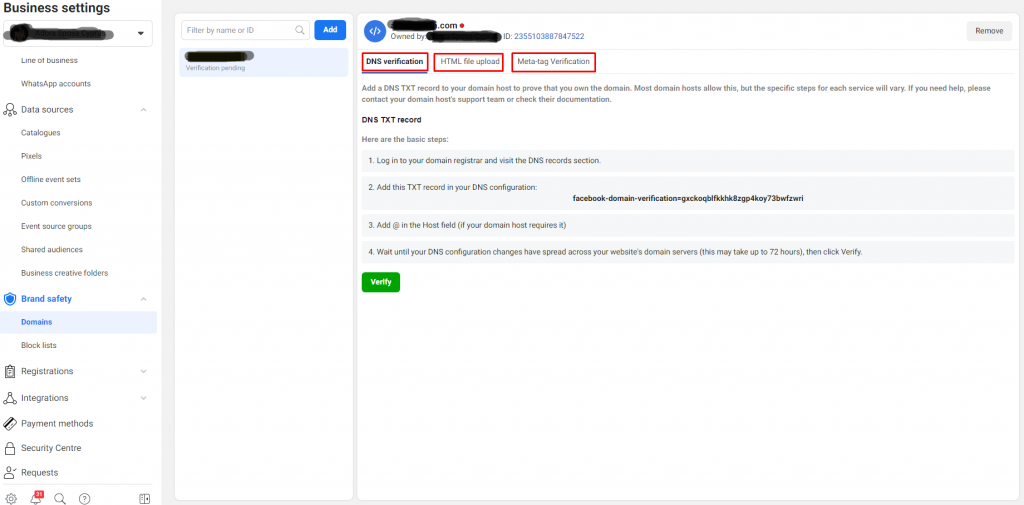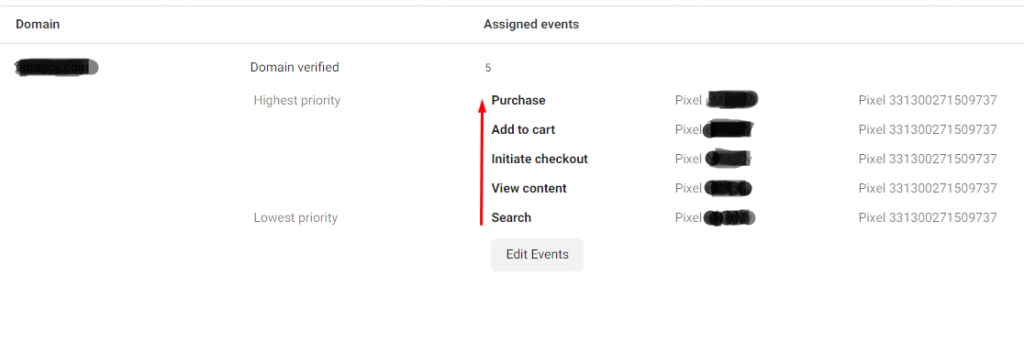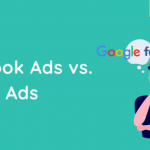iOS 14 Update & Facebook changes. Actions you should take now

Content
The changes took place starting with January 19, when Apple had already announced its intention to implement the App Tracker Transparency system – in short, a pop-up prompt asking users for permission to have their data collected by the application they use.

What does this mean?
Users will be informed about their data, where it will be used and for what purpose – a measure which, given the current social context, seems discouraging. It is estimated that a large number of existing users will refuse to have their data collected. This already means a proportional reduction in the display and collection of certain key attributes.
What effect will these changes have in Romania?
Considering that the share of Apple devices users in Romania is approximately 19%, according to Statcounter.com, this would not mean a decrease as drastic as in other countries (United States 61%, United Kingdom 51%, Germany 35%, France 33%, Canada 24% etc.). However, calculating these figures, in the best-case scenario it turns out that an important source with analytical potential will be lost or misreported.
Data is data, and even a small reporting error, calculated on a medium and large budget or campaign type, will cause a butterfly effect that will be felt in the bottom line of many companies and, consequently, marketers.
How does Facebook respond?
In recent months, Facebook has been making considerable efforts to adjust and bring new tracking and data management systems, even despite the changes brought by iOS 14.
Some measures are restrictive, others are new and untested, others require granular interventions regarding campaigns and audiences – in the short term, all of them will have a negative impact.
What measures can you take now?
Attribution Window
The new assignment options will already be set as default on 7 day click or 1 day view, but for older campaigns, this option may be implemented on the 28 day old setting.
Make sure everything is changed and optimized according to the new rule.

Domain Verification
Having your domain verified in Business Manager is a must now – a small change that will allow Facebook to guarantee that the data collecting process complies with the rules.
Everything can be set up using Business Manager, namely Domain Verification section, in 3 different ways: DNS Record, HTML file upload or in the header. This step should not take more than 5 minutes.

Events
Facebook will be able to register up to a maximum of 8 events, depending on the hierarchy and importance. These need to be set manually in the Data sources section of PIXEL, which can be found under the name Aggregated Event Measurement. Here we recommend that you set the events according to their importance and how you would like them to appear in your results (e.g., a session with add to cart / initiated checkout and purchase will be reported only with the highest priority event).
According to Facebook. the changes may affect or pause ongoing campaigns.
Also, when you set Optimize for website conversions, make sure it’s for one of the newly created events, otherwise the ad set will be stopped and cannot be restarted.

Conversions API
This is a “safer” measure in terms of data accuracy. Usually, data is collected through cookies, through the user’s browser. Cookies may be blocked and / or not transmitted. The Conversion API solution replaces transmission from the browser with a secure server-to-server link. Therefore, the transmitted data will be more secure and “guaranteed” by Facebook.
Connection with Google Analytics
At the moment, on Facebook we can notice delayed reporting of conversions in Google Analytics – some conversions may have assignment delays of up to 72 hours, which means that the daily figures may be wrong. This is why for the time being we recommend a minimum of one reporting per week.
Restructuring campaigns after a simpler funnel
Facebook recommends a re-evaluation and optimization of the campaign structure. Fewer well-structured Ad Sets campaigns will provide more accurate data in the further period.
Limitations on Custom Audiences and Dynamic Ads
In the near future, Facebook warns that the popularity and size of Custom Audiences will be subject to change.
Regarding Dynamic Ads, Facebook recommends using one pixel per catalog / domain to avoid reporting and duplication errors of obtained events.
Update remarketing list
During this time, it’s a good idea to review your remarketing lists for new details or errors. Facebook also recommends you should adopt a broad audience strategy for your conversion goal when Lookalike audiences fail to function properly.
Overall, the situation is uncertain and dynamic in the near future, but we can certainly feel the upcoming trend – one that is not based on cookies, with data collected with the greatest transparency and a new, more simplified marketing campaigns optimization system on all platforms, not just Facebook, and not just because of iOS 14.
Sources:











